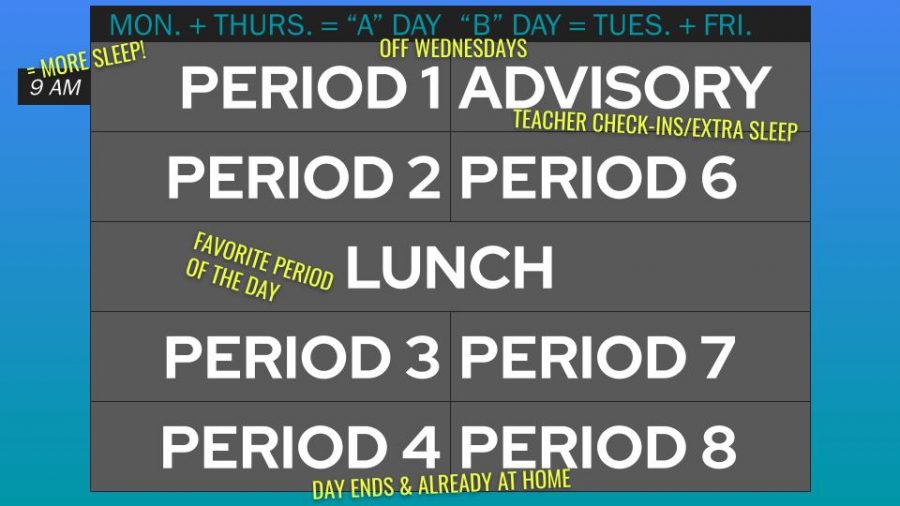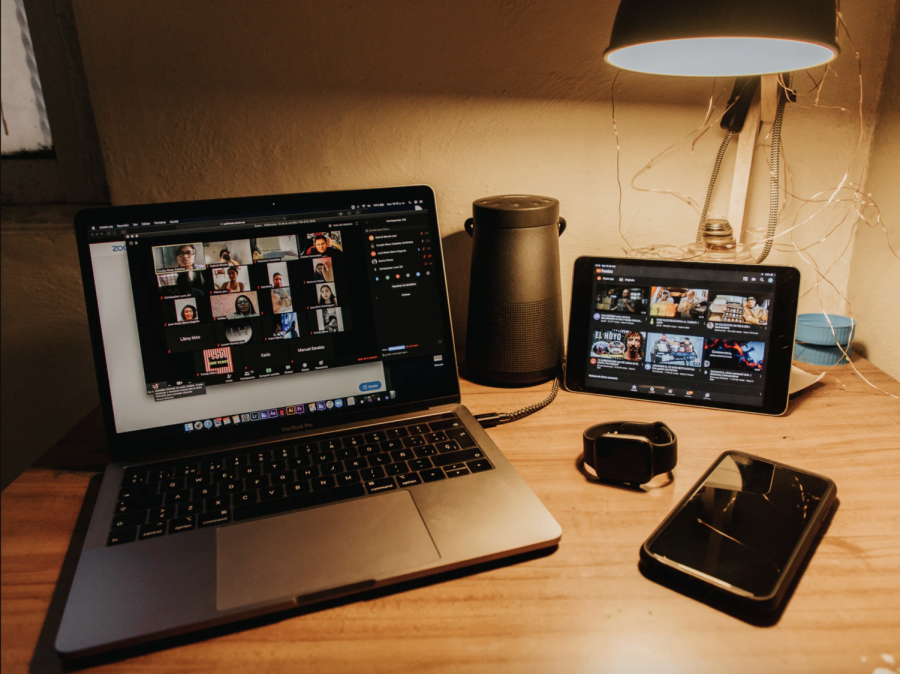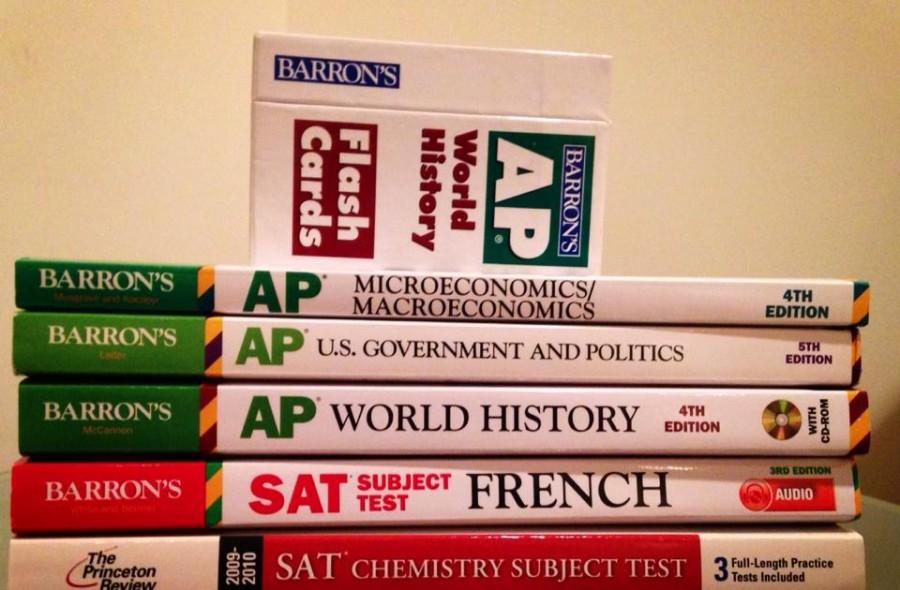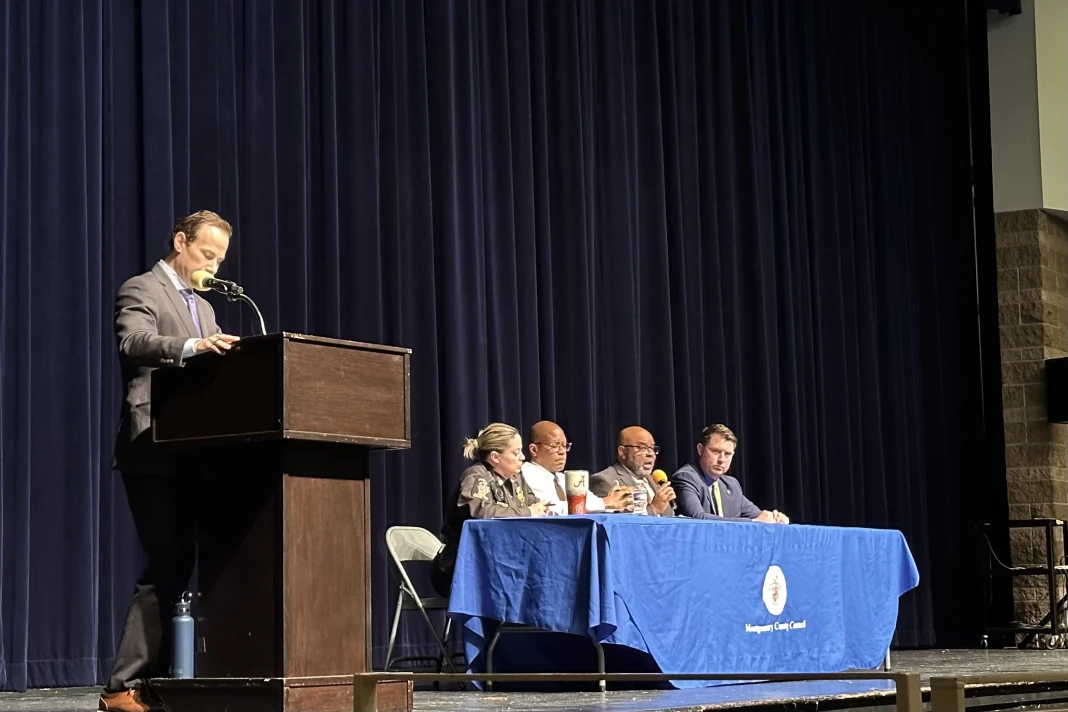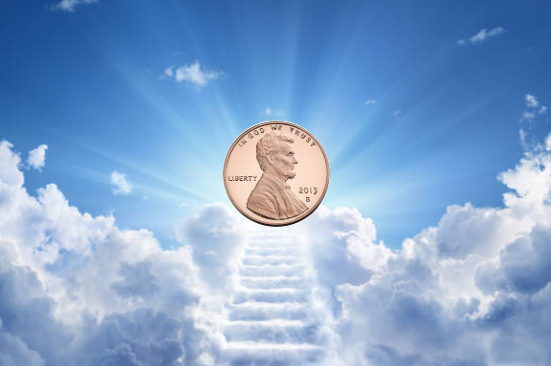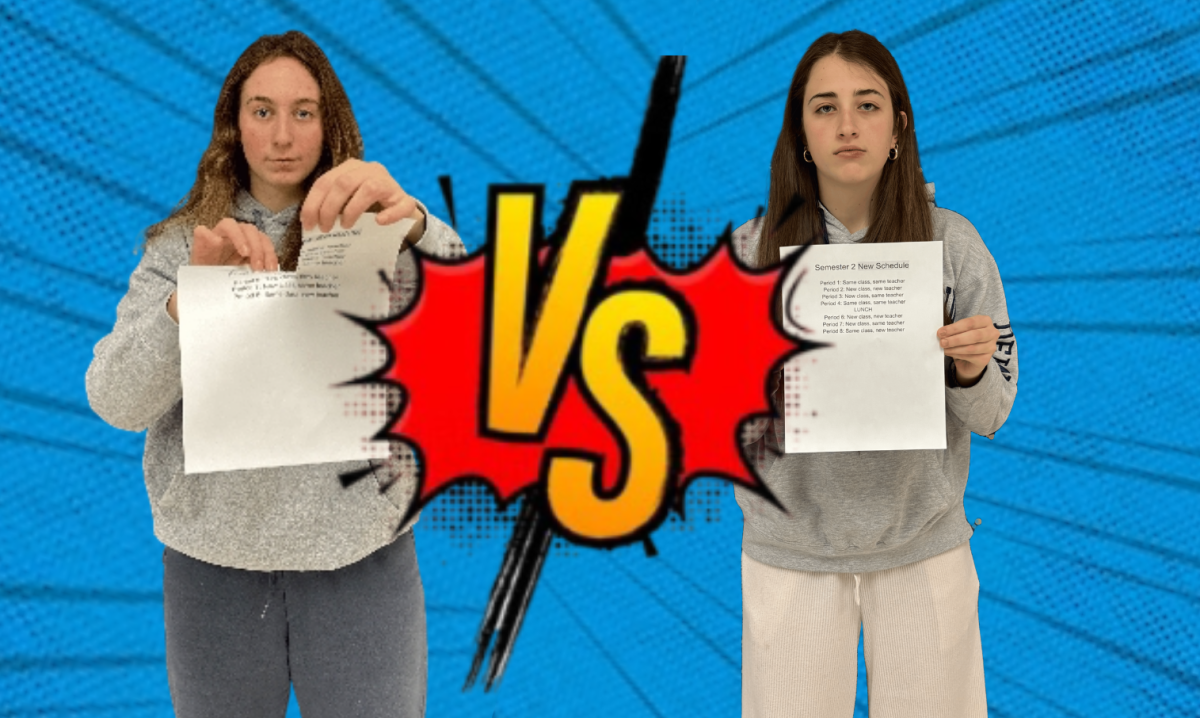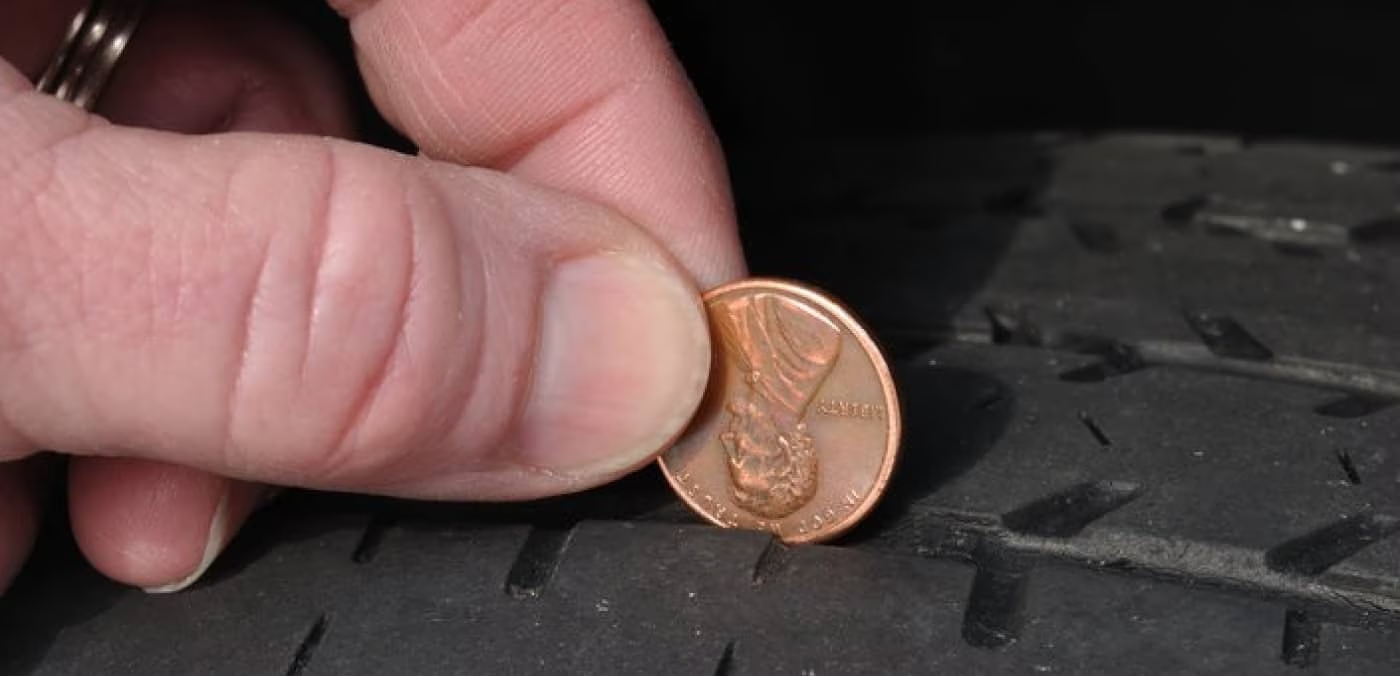Congratulations, lucky reader, you have just turned to the grandest article to ever be printed in the Observer, the first of my new column series: The Cookbook. From here on out, this page will consistently be graced with love, laughter and literary excellence.
Now, seeing as how first impressions are more powerful than a locomotive, it’s extremely essential that my first column be about a topic that is important to everyone. Therefore, I have decided to discuss a sensitive subject, something that is an extremely serious, contagious and harmful epidemic—contemporary teen pop music.
I remember when I was but a wee lad, sitting in my room, blasting Aaron Carter and singing along to the choruses of “I Want Candy” and “That’s How I Beat Shaq.” That was classy teen music that anyone could enjoy. Frosted spiked tips, disobeying lame parents and throwing insane parties with a 99 to 1 girl-to-boy ratio… the kid was a true role model.
Throughout the years, however, plenty of pre-pubescent young girls and boys have attempted to achieve the same level of musical ingenuity as Carter. Sure, financially a few of them have had some success, but along with wealth comes hatred from a wide variety of demographics.
The first, and probably most prominent, example of a pathetic teen nearly screaming at the top of her lungs, applying auto tune and calling it pop music is the musical stylings of a young woman named Justin Bieber.
Bieber’s songs usually have a common theme—his proclamation about how he has found his “One Love” and he wants you to be his “Baby,” all the while calling the girls he is addressing his “shawtys.”
Of course, this may seem all good and fun, but Justin has inspired all those little girls out there to produce and publish music videos in the same style and tone. A prime example: Rebecca Black.
Ms. Black sings her song “Friday” in a heavily autotuned voice about how she is getting ready for the weekend, and is “so excited” because “we gonna have us a ball tonight.” In addition, Black provides the listeners with a nice little lesson on the order of days in the week, explaining that “tomorrow is Saturday, then Sunday comes afterwards.” Thank you for such a profound educational lesson, Rebecca.
But it gets worse. Not only did Rebecca Black produce an atrocious and pathetic excuse for a teen pop song in an attempt to have her 15 minutes of fame—and accumulate some wealth in the process—but it worked. Within four days of posting her video on YouTube, she received 20 million hits. Yes, go back and re-read it. I said 20 million. In addition, her song was in the top 50 iTunes most popular list within a week. Currently, her video on YouTube approaches 100 million hits.
Now, this startles me for two reasons. Number one: there are so many people who want to hear the likes of Rebecca Black sing that they would buy her song on iTunes.
But number two, and most importantly, if Rebecca Black had this much success, we need to be very afraid. In the years to follow, we will be graced with a massive influx of pathetic teens attempting to create more wretched music in order to become the new Black or Bieber.
Now, I know I cannot be the only one who feels this way about modern teen music, due to the fact that currently, Blacks video has 1,405,929 “dislikes” on YouTube, while bearing a miniscule 173,021 “likes.” If we really want such an atrocity to cease, we need the super hero of teen pop music to rise again. Wherever you are Aaron Carter, please come back. Please come back and save us all.


